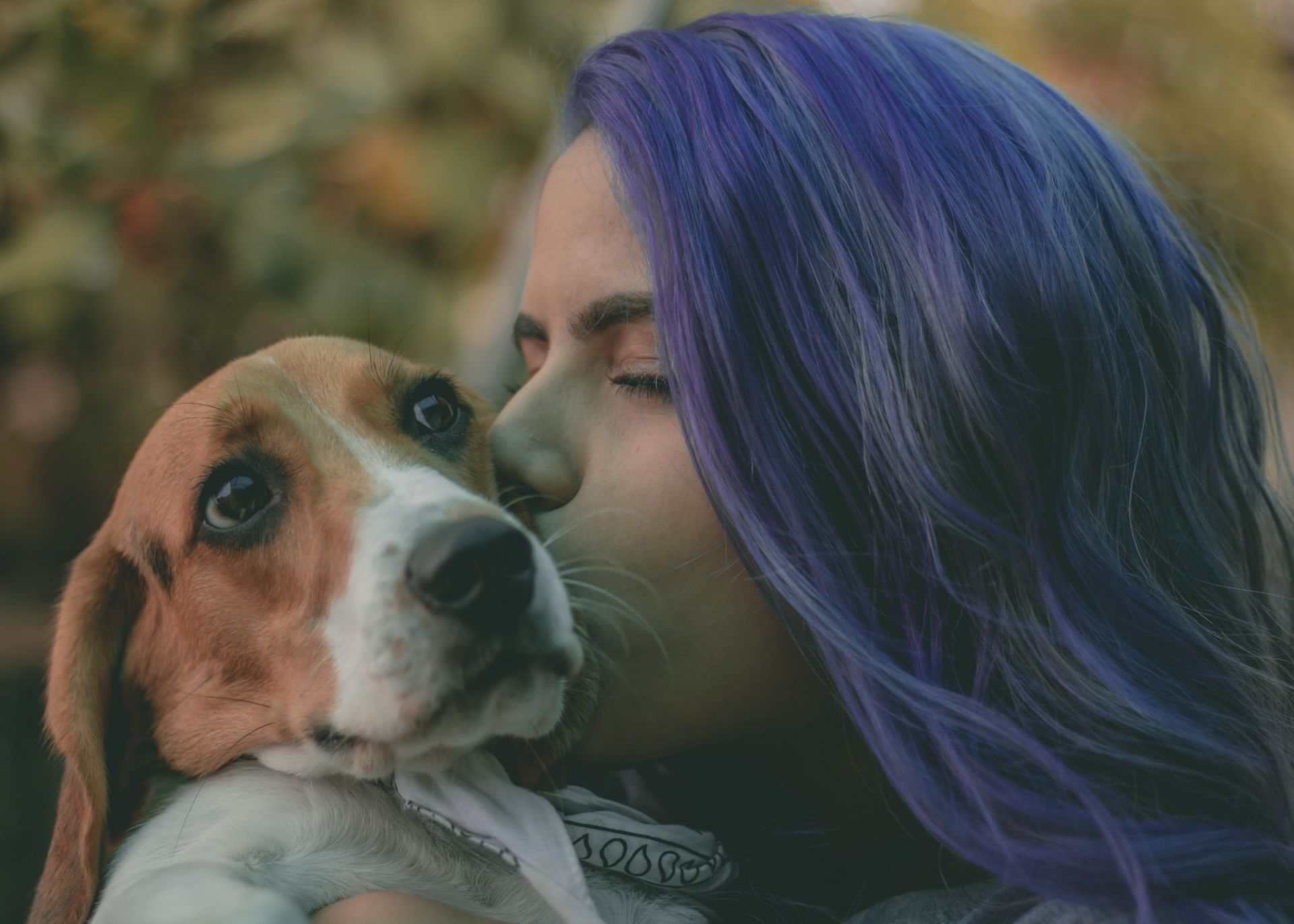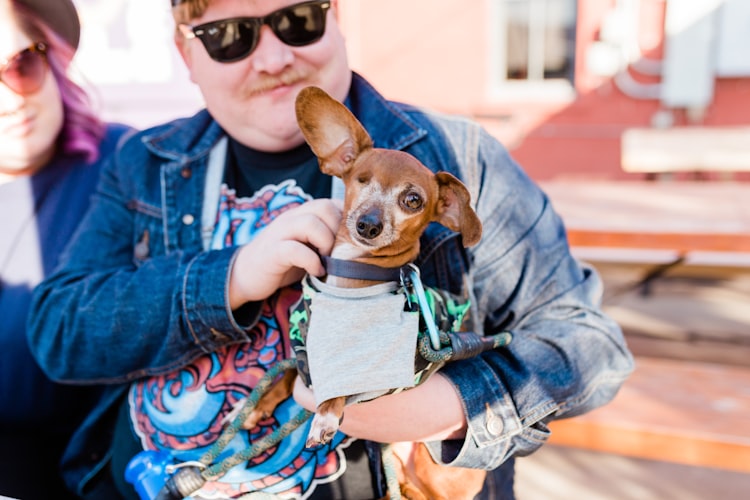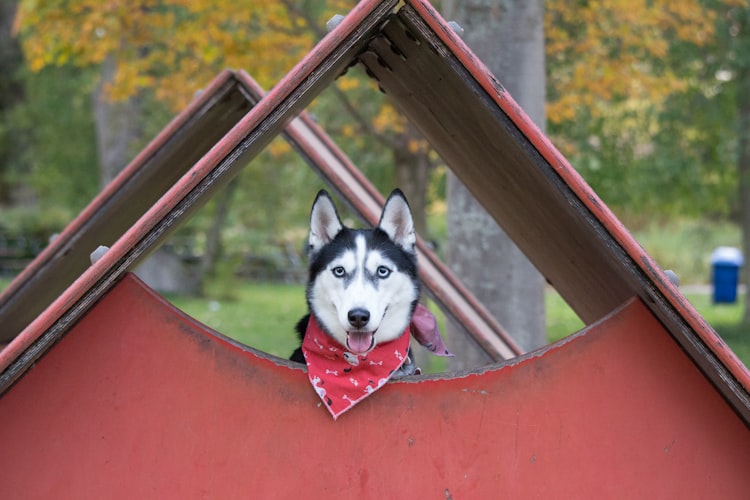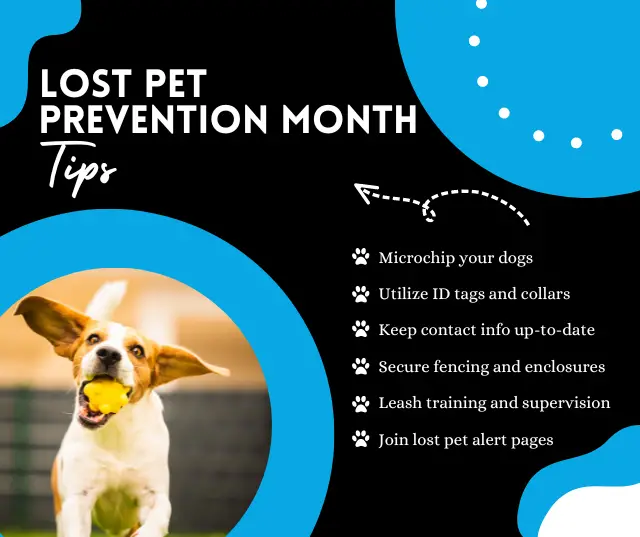Owning a dog with special needs can be a unique challenge all on its own but some animals need a little bit of extra help from us. To properly support and care for these special pets all you can do is prepare yourself through research and conversations with vets. Today, we’ll be focusing on special needs dogs, whether you have them or not. These tips can help you either care for or interact with them better.
What are Special Needs Dogs?Before we start, it’s important to know what dogs with special needs are, what defines them, what makes them unique, and why they need a little bit more attention than regular dogs. Simply put, special needs dogs refer to a title with a rather broad definition; this umbrella term refers to several different circumstances such as dogs with injuries, chronic illnesses, disabilities, canine paralysis, and even dog incompetence. These problems tend to require more attention, time, patience, support, and especially medical care. Taking care of special needs dogs should be taken seriously; these dogs can have a significant impact on your life emotionally, physically, and financially. However, spending the time to care for these dogs can be a rewarding experience and the bond you share can be unique and unbreakable. Dog owners that are ready to handle these responsibilities can find joy in adopting or caring for dogs with special needs. To help you out, here are a few helpful tips: 1. Research and Professional Advice
When you’re thinking about taking in a dog with special needs the first thing you’re going to want to do is to learn as much about them as possible and what better way to do that than talking to a professional. Many factors go into making a plan or routine to take care of these dogs, these factors are age, breed, situation, condition, etc. These factors can dictate everything you need to do on how to take care of them, from how much food they should eat to whether or not they require more or less assistance in their day-to-day life. By talking to a veterinarian, you can get a deeper understanding of the dog’s issues. You can monitor their health better and find what treatment is best for them. There are plenty of ways you can help your dog and some of those ways might not help them at all. By talking to a specialist you can narrow down your options and provide the best possible care for your pup. 2. Community and SupportResearching and asking for advice is one thing, but doing things alone is another. Caring for dogs with special needs can be a unique challenge and one that might need a few more hands than your own. If you’re taking care of one you might want to find local or online communities of like-minded people that are taking care of a special dog. Having a local community or online support group can provide a lot of information and comfort especially in stressful times. A support group can help you navigate through tough situations, provide resources, as well as recommendations for supplements, equipment, meal plans, recipes, and more. While having an expert opinion, veterinary advice, and scientific research helps out a lot, being able to speak to people with similar experiences can be helpful and reassuring. 3. Build a Plan
Building a plan is an essential step to any endeavor and when it comes to caring for a dog with special needs. For your dog’s wellness, having a plan is something you’re pretty much required to do. Your plans should cover exercise regimens, daily routines, playtime, and meals to provide the best care possible. But there is more to making a plan than just building a solid foundation. Having a daily routine helps cultivate good habits for both you and your dog. Fostering these good habits lessens your dog’s anxiety and stress by giving them familiarity and structure. Developing a good plan and sticking to it also helps motivate yourself when it comes to taking care of a special needs dog and when these routines become second nature it becomes a lot less stressful. 4. Consistency is KeyA lot of people around the world find comfort in what’s familiar, we’re less stressed when we’re dealing with something we’re used to, and when it comes to taking care of a dog with special needs making sure they’re not confused by changes is important. It’ll be good for your dog if you make sure their environment doesn’t change much to help avoid discomfort and confusion all together and having their surroundings stay consistent 24/7 helps with staying on routines and plans. Some examples of big changes to the environment are things like having new furniture or moving old ones; an unfamiliar indoor environment can lead to stress or even injury. They might get uncomfortable and confused If you change the location of their food and water bowls. Moving to a new home will most likely cause anxiety and discomfort if they’re not given enough time to get used to the environment around them. All in all, keeping your surroundings as consistent as possible will help out a lot for your dog’s mental state. 5. Making Compromises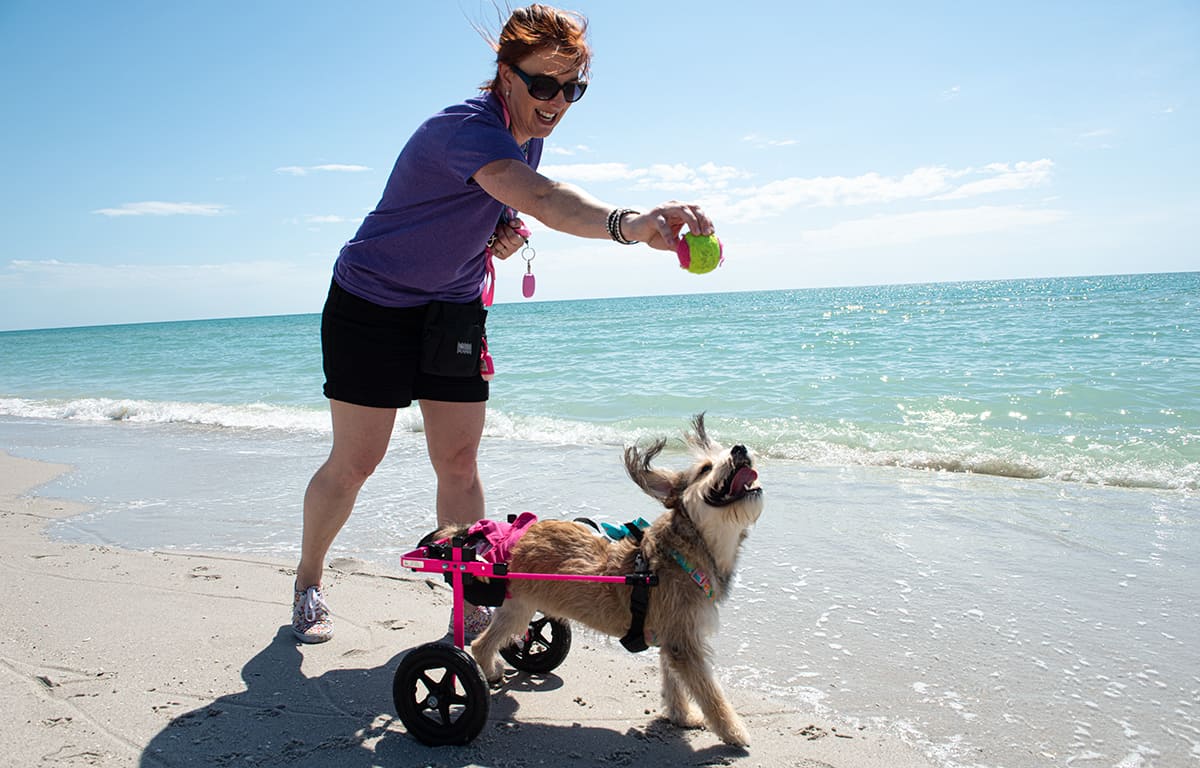 Taking care of a special needs dog can be a hectic job and it can affect your personal life emotionally, physically, and financially. This is why you’re going to need to make compromises to support your dog’s life. These compromises can quickly ramp up from buying the right kibble and medicine to making sure your house is as pet-friendly as possible. You’ll need to be ready to accept new changes in your life to adjust for your dog’s needs. Most importantly you’re going to need to start taking better care of yourself (if you aren’t already) because if you want your dog to live the best life, then they’re going to need you. So, make sure you’re able to keep yourself happy and healthy; eat healthier, visit the gym, and if you need some support having a community or group to belong to will help if you’re looking for people who can empathize with you. There’s a common belief that a dog’s personality reflects its owner. Keeping yourself happy and healthy might be the key to making your dog with special needs happy too. |
